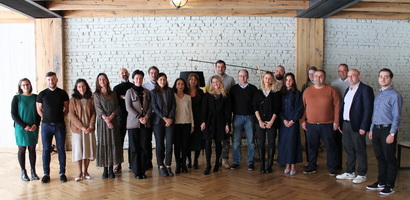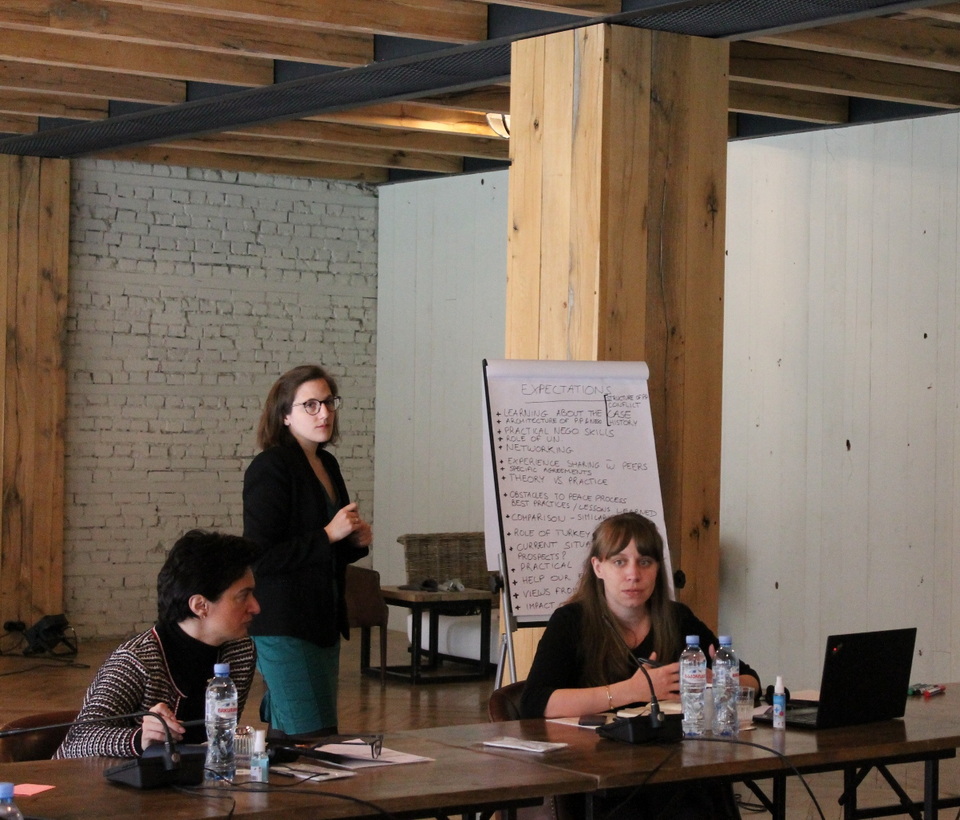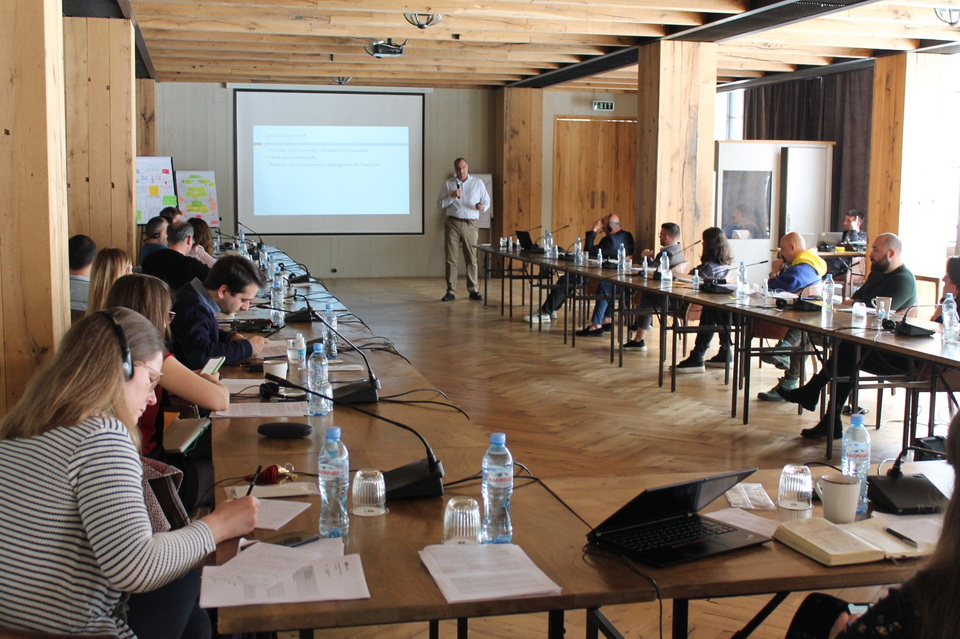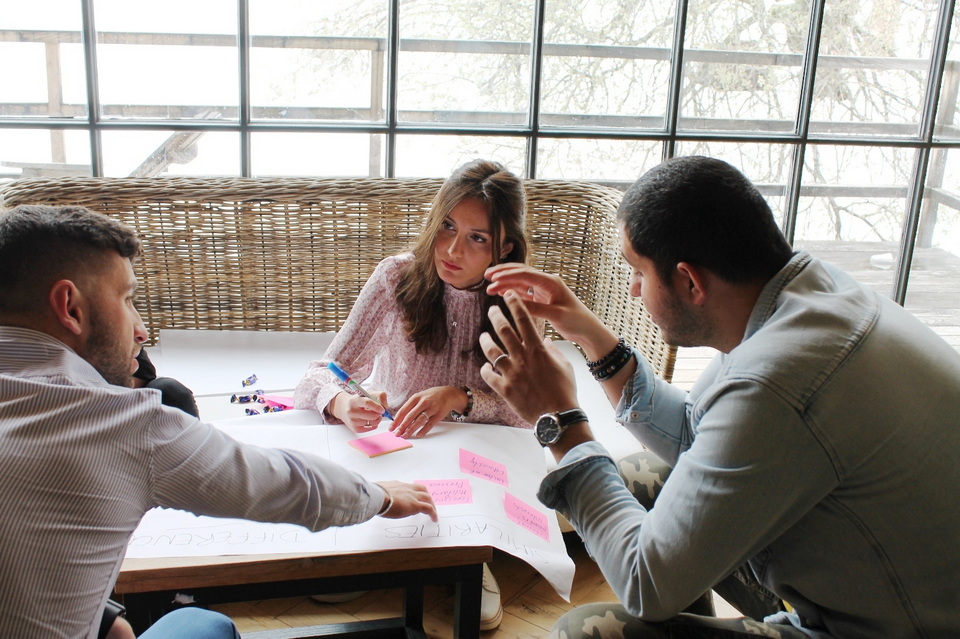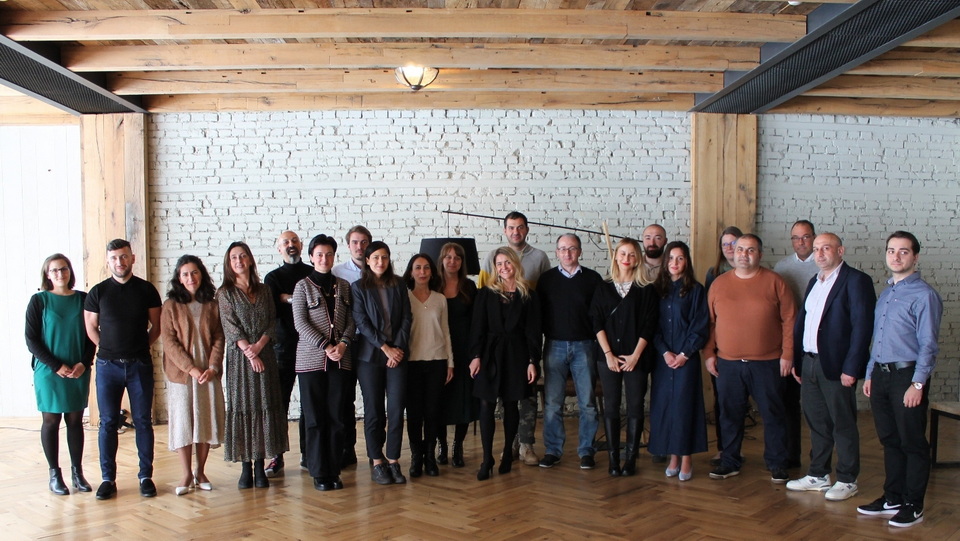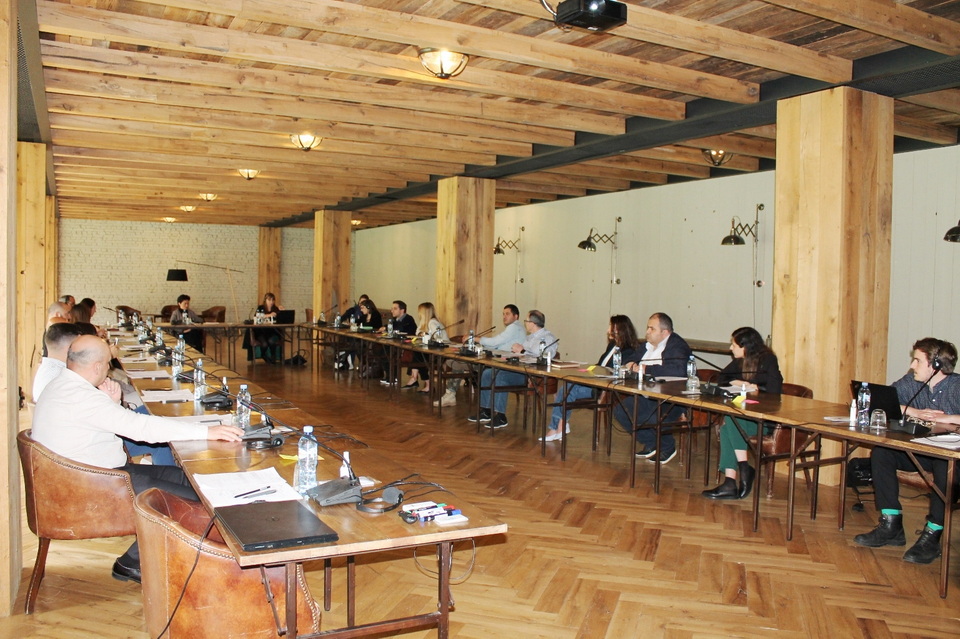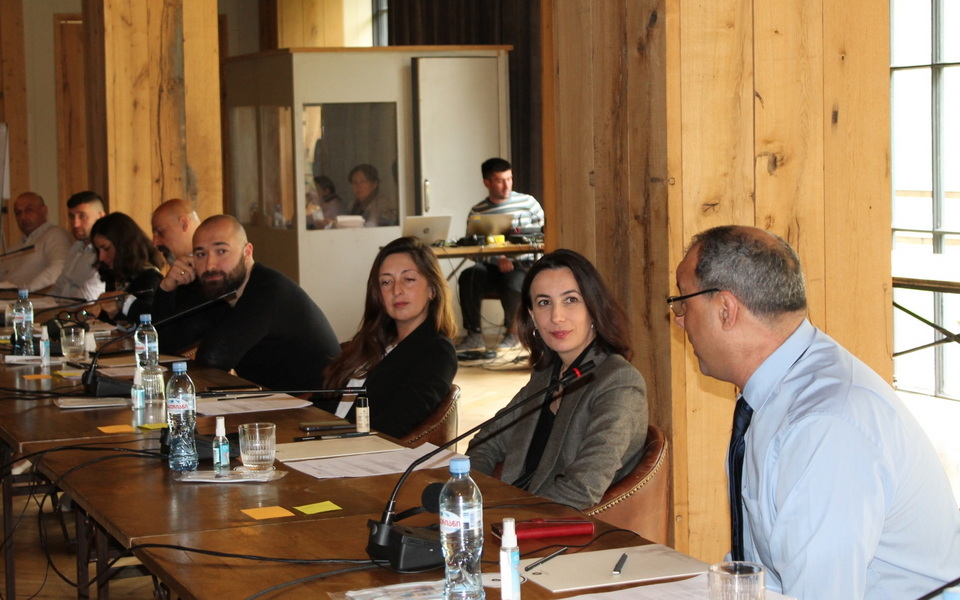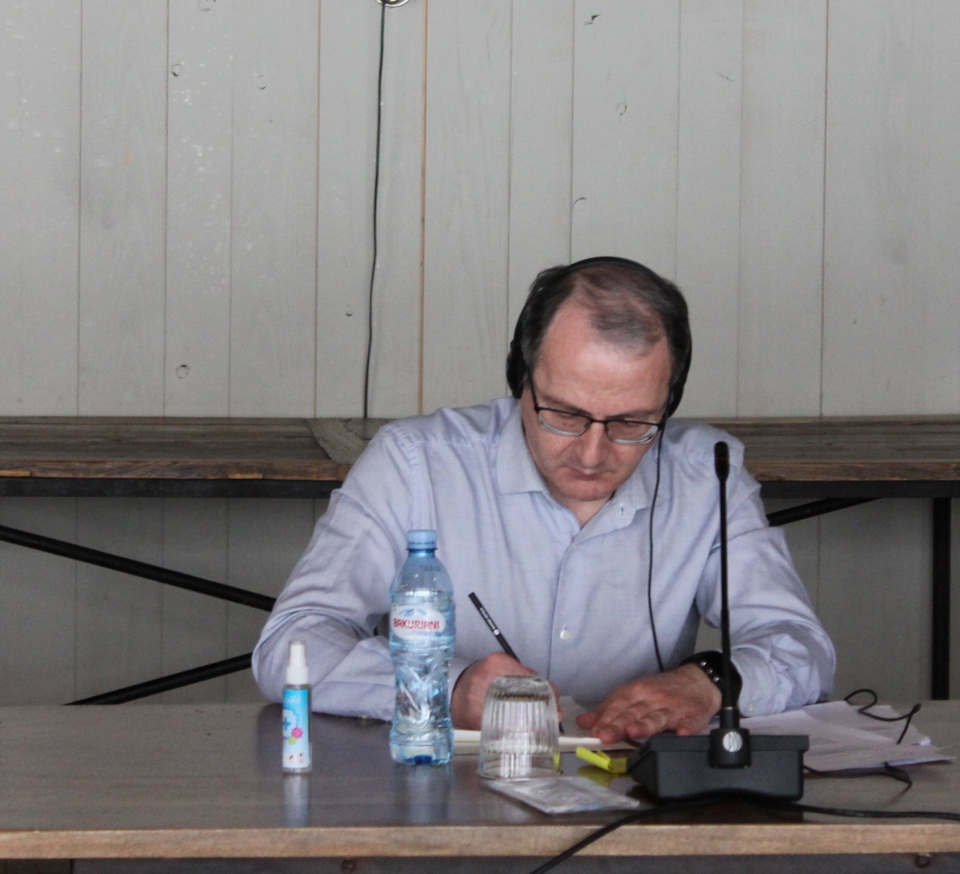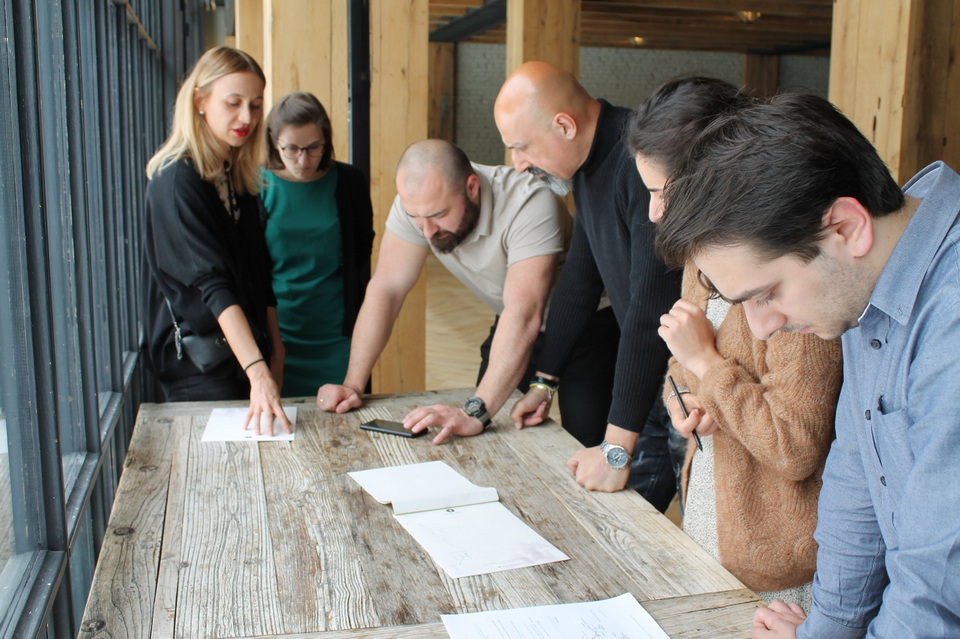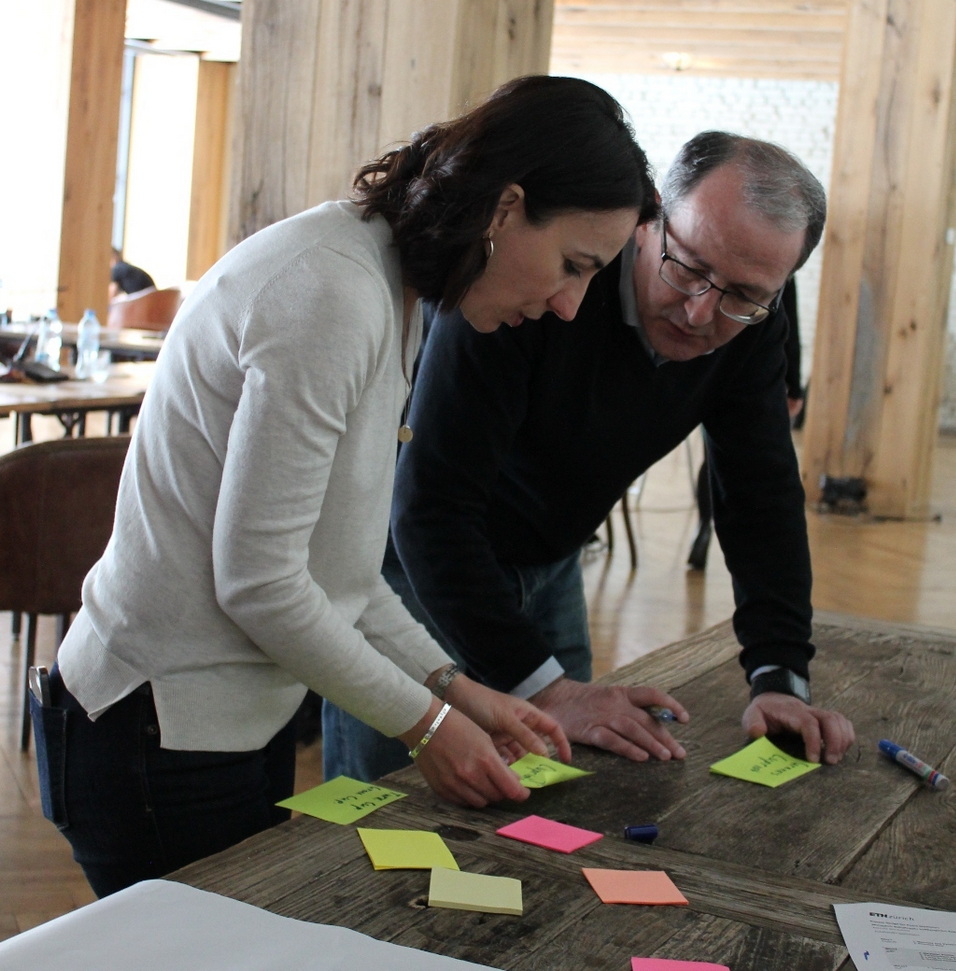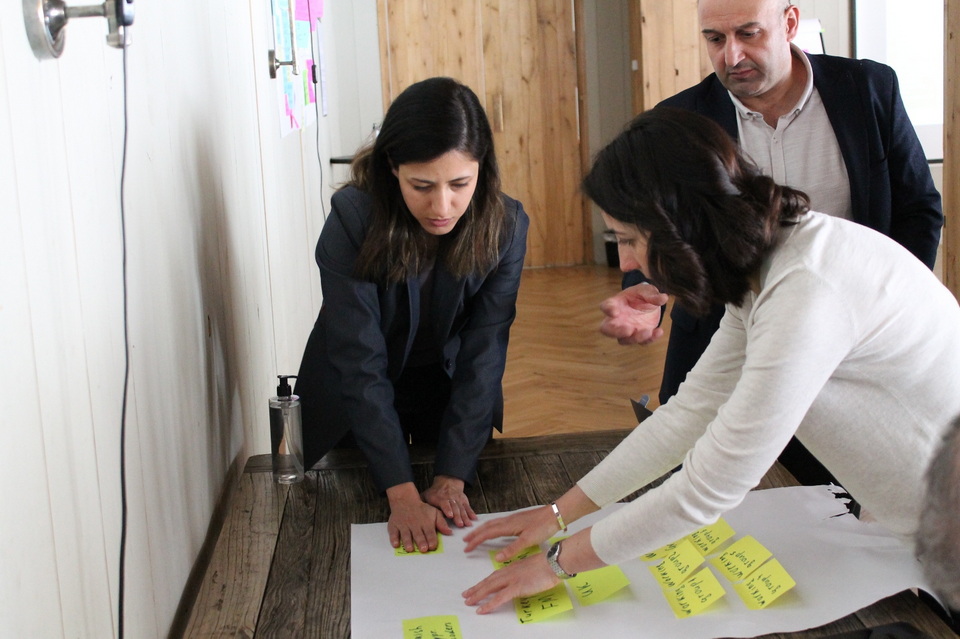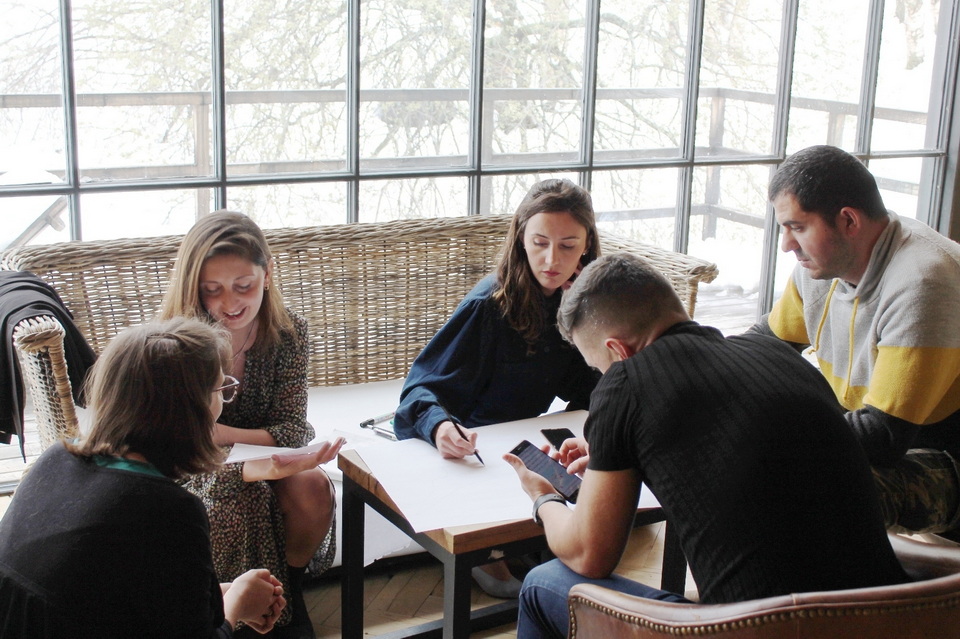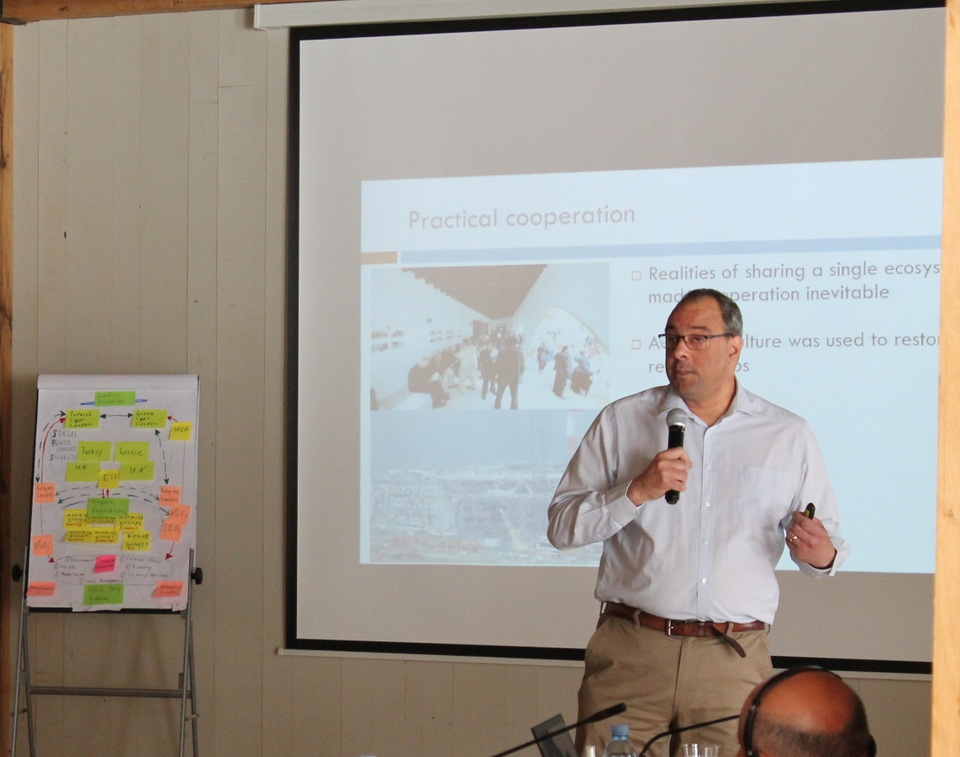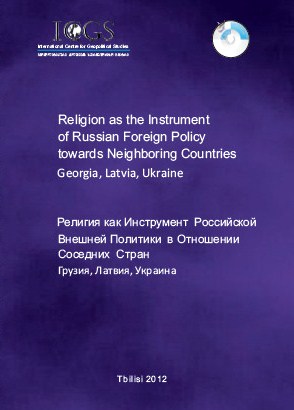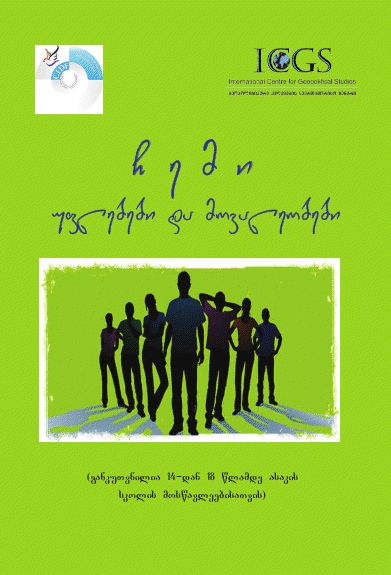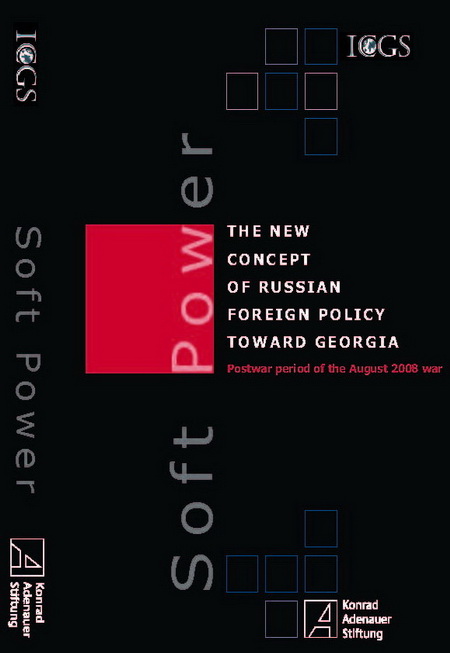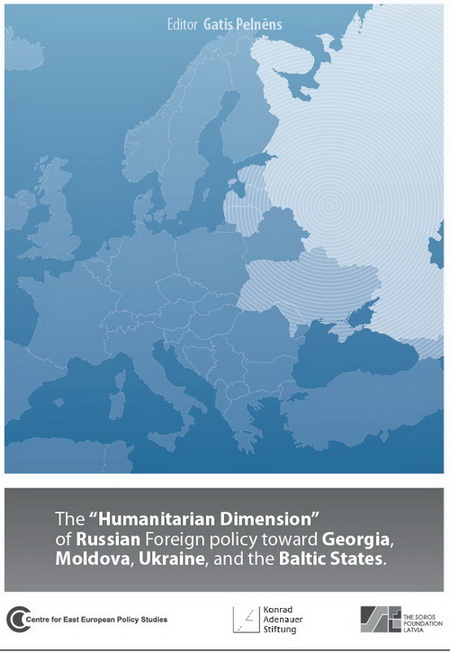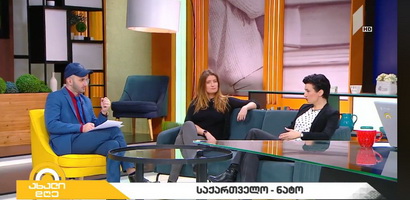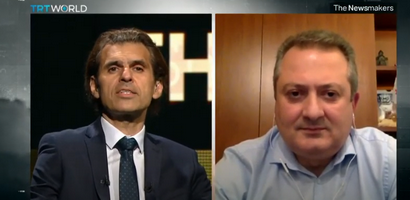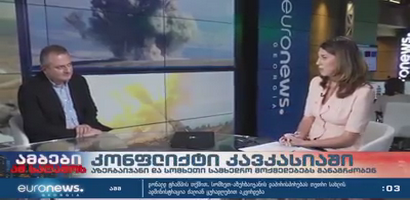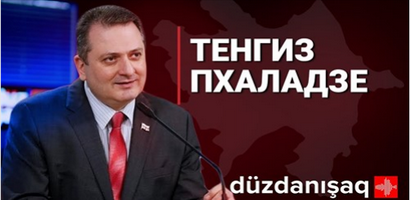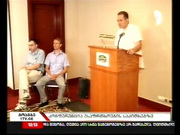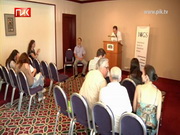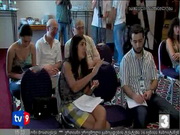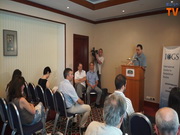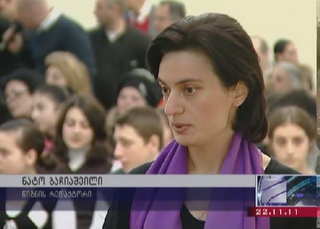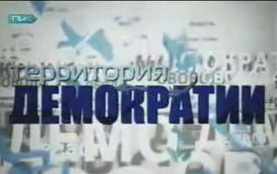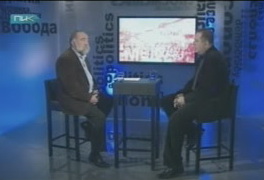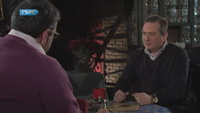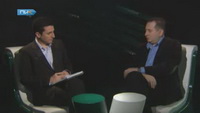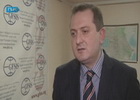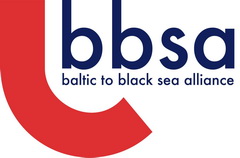On May 6th - 8th, 2022, a closed-door workshop was held in Kazbegi, Georgia, for representatives from different agencies of the Georgian government. The discussions focused on the topic of the architecture of peace processes and formats of negotiations, looking at the experience of Cyprus. During three days, participants benefited from the insights and experiences shared by a range of speakers from Cyprus as well as by representatives of international organizations who have been or still are directly involved in the negotiations and peace building efforts.
Throughout the workshop, participants were provided with information on the context of Cyprus, from the roots of the conflict, the main actors and issues at stake, to the peace process, its evolution over time and the current state of play. They were also exposed to theoretical aspects of formats of negotiations and peace processes design with a presentation of various concepts and definitions and exercises on key elements of peace process design, such as purpose, added-value and challenges of various formats.
Invited speakers, political actors and experts from Cyprus, presented a first-hand account of the discussions taking place at the highest political level, as well as on the more technical level(s) of the peace process. This allowed participants to become acquainted with alternative formats that exist to discuss concrete/technical issues, such as trade, freedom of movement, property etc. Invited speakers also shared their reflections on the interplay of the several “layers” of the Cyprus peace process, including both at the political and technical levels, reflecting on the contribution that such formats can make to official negotiations, especially when it comes to building trust and bringing communities closer together. For each session, participants were given the opportunity to interact directly with the speakers, discussing concrete issues and overall results of the peace process, both in terms of the successes and challenges of Track 1 and 1.5 diplomacy in the Cyprus context.
The role of third parties was also tackled during the workshop, focusing specifically on the role of the United Nations (UN). Participants learnt about the particular role of the UN, one of the longest operating international organizations in the Cyprus context, and its various institutions and agencies:
- UNFICYP, the UN peacekeeping mission in Cyprus. Among the many aspects of its mandate, UNFICYP is operating at several levels and in various spheres, supervising ceasefire lines, maintaining a buffer zone and undertaking humanitarian activities.
- The Office of the Special Adviser of the UN Secretary General (OSASG-Cyprus). The OSASG-Cyprus plays a key role in support to the peace process, providing Good Offices to the negotiations.
- The UNDP’s Project Management Office. Its role in the overall peace process was presented, implementing initiatives that encourage dialogue and cooperation between all of the communities of Cyprus.
The mandates and practical aspects, both in terms of best practices and challenges, of the work of those institutions on the ground were presented by acting and former UN representatives in Cyprus, followed by discussions with the participants of the workshop.
Participants also discussed with the speakers the impact of Cyprus’ EU membership on the 2004 referendum on the Annan Plan and well as on the overall prospects for finding a solution to the Cyprus problem.
The workshop was co-organized by the International Centre for Geopolitical Studies (ICGS), Georgia and CMI – Martti Ahtisaari Peace Foundation, Finland as part of a programme targeting Georgian government officials jointly implemented by the two organizations, with the financial support from the Ministry for Foreign Affairs of Finland.
To ensure maximal safety for participants and speakers, the workshop was held in a blended format and in line with the COVID-19 regulations put in place by the Government of Georgia.
Exclusive
-
Tengiz Pkhaladze at TRT Word's TV Show: The Battle for Nagorno-Karabakh Armenia and Azerbaijan are again on the brink of war. The fighting...
-
Interview with Giorgi Kekelidze. Public Broadcaster www.facebook.com
-
Current goings-on in Government puts the publics' political maturity to the test Regarding the objects and tasks of the so called demarcation policy...
- 1
- 2
Latest Publication
* * *
* * *
* * *
